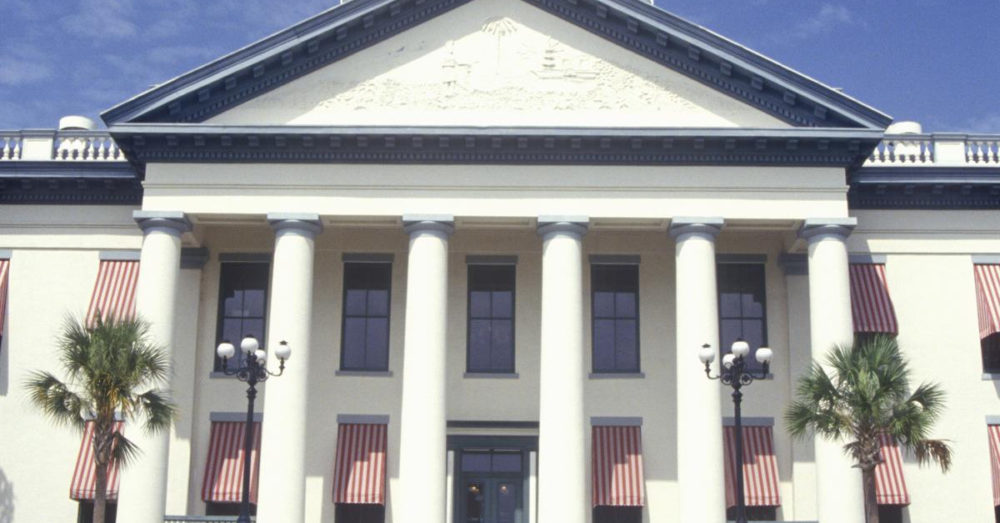
By BRANDON LARRABEE
THE NEWS SERVICE OF FLORIDA
Lawmakers will face a tight budget during next year’s legislative session and will likely need to take action to head off a shortfall in the near future, a new report suggests.
A draft of the state’s “long-range financial outlook,” set to be considered by a legislative commission next week, raises the prospect that “a structural imbalance” is looming.
For the coming budget year, which begins July 1, the outlook projects a surplus of just $7.5 million — a tiny sliver of the state spending plan, which is now roughly $82 billion. The following year, a budget gap of $1.3 billion could open up, followed by $1.8 billion the year after that.
That could force lawmakers to scale back expected spending or, less likely in a Legislature dominated by Republicans, to boost taxes to pay for budget increases in areas like education and health care. The financial outlook, which is prepared by state economists, is not official until approved by the Joint Legislative Budget Commission, which is made up of House and Senate members.
However, there are conclusions in the report that could change the potential shortfalls, in some cases dramatically. For example, the outlook assumes some increases in spending on areas like education and health care, projecting them to be handled the same as they have been in recent budget years.
It includes a three-year average of tax cuts, which have been popular under Gov. Rick Scott and the GOP legislative leaders, and projects similar decisions in the coming session.
And it accounts for lawmakers setting aside $1 billion each year to deal with unexpected changes in the economy or additional needs that could crop up. No major changes are expected to that policy because lowering the state’s reserves substantially could make it more expensive to issue bonds to pay for construction needs.
Still, legislative leaders admit that the forecast will prompt lawmakers to consider changes to state spending when they begin work on the budget in earnest in March.
“I think it shows that we will have difficult choices to make in the upcoming session, and I think it will force us to make decisions between competing priorities,” incoming Senate President Joe Negron, R-Stuart, said.
He said lawmakers who oversee different areas of the state budget will have to take a deep look at whether to continue spending on items approved by previous legislatures.
“We can’t simply reaffirm the priorities of yesterday,” Negron said.
Meanwhile, legislative leaders and Scott are expected to push new priorities. Negron has proposed increasing spending on higher education by $1 billion over the next two years, as well as a plan to use bonds and federal money to boost Everglades restoration.
Incoming House Speaker Richard Corcoran, R-Land O’ Lakes, has not outlined much in the way of new spending, though he has spoken in the past of overhauling state health-care programs in a way that could save money. Through a spokesman, Corcoran — who currently serves as the House budget chief — declined to comment before the outlook was finalized.
Scott generally unveils his budget proposals in the weeks before the annual legislative session.
Senate Appropriations Chairman Tom Lee, R-Brandon, said the report didn’t rule out the kind of spending plans proposed by Negron. But doing so would require making offsetting changes elsewhere in the budget.
“I think what that outlook says is that there’s going to have to be some realignment of priorities if additional expenditures of that magnitude are approved,” Lee said.



